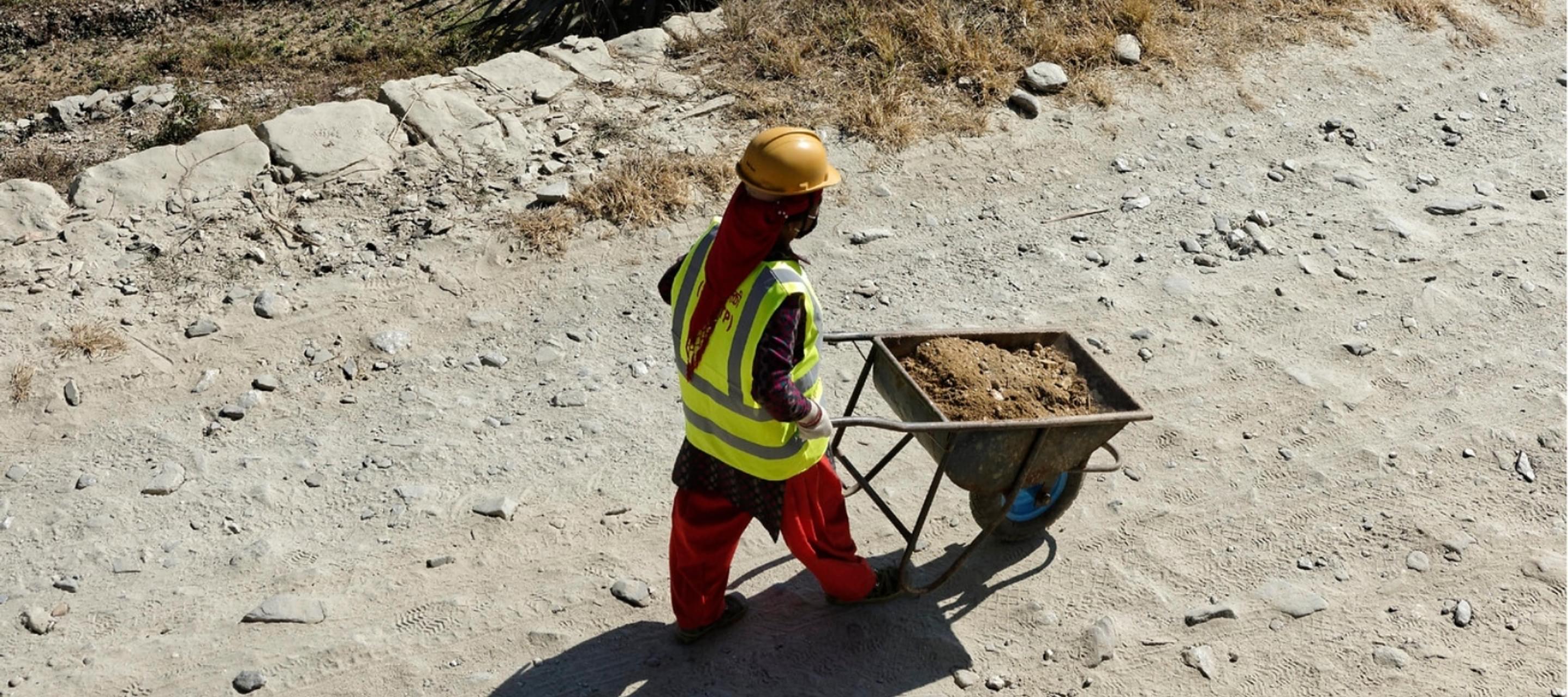Webinar: Women migrant workers and responsible recruitment

Join IHRB’s webinar to explore findings from two newly published pieces of research into the recruitment landscape and challenges for women migrant workers:
- Respecting the Rights of Women Migrant Workers During Recruitment - A Short Report for Businesses.
- Gender review of the Dhaka Principles for Migration With Dignity.
Background
There are over 70 million women migrant workers in the global workforce. These women make vital contributions to the societies and economies of their countries of origin and destination.
Most are from culturally and racially marginalised communities and many migrate due to lack of economic or livelihood opportunities in their home countries. A large majority are in informal employment and far too many experience exploitation and abuse. As demand for female labour grows, notably in garment manufacturing, agriculture and food processing, hospitality, care / domestic work and electronics, there is greater recognition of how women’s migration experiences differ from men’s, and the specific risks and challenges to which they may be exposed.
Why attend
- Explore the report findings to gain firsthand insights into the challenges faced by women migrant workers in the recruitment process.
- Understand the changes made to the Implementation Guidance of the Dhaka Principles for Migration with Dignity, which now includes a number of amendments and additions to better reflect the experience of women migrant workers
- Contribute to the dialogue on advancing the human rights of women migrant workers in supply chains. Engage with research and advocacy experts on the topic of women and labour migration rights.
Who should attend the webinar?
Individuals, businesses, organisations, academics and policymakers who employ or advocate for migrant workers and women’s rights.
The webinar is free to attend but registration is required.
Speakers

Sumitha Kishna
Founder & Director, Our Journey
Event summary
IHRB hosted the webinar to launch and discuss the findings of two newly published pieces of research on the recruitment landscape for women migrant workers:
- Respecting the Rights of Women Migrant Workers During Recruitment - A Short Report for Businesses
- Dhaka Principles for Migration with Dignity Implementation Guide - now with 40 new implementation points focused on women migrant workers
Our panelists reflected on the challenges faced by women migrant workers and the recommendations that IHRB’s research papers proposes to address exploitation in company supply chains.
Key points of discussion
- Women represent 41% of the world's migrant workers. They earn, on average, 20% less than their male counterparts, but often bear higher recruitment costs, and constitute the majority of migrant workers in the domestic sector, facing some of the worst working conditions.
- Why are women migrant workers more vulnerable to exploitation than male migrant workers?
- Where does that vulnerability stem from, and how can businesses tackle this challenge?





